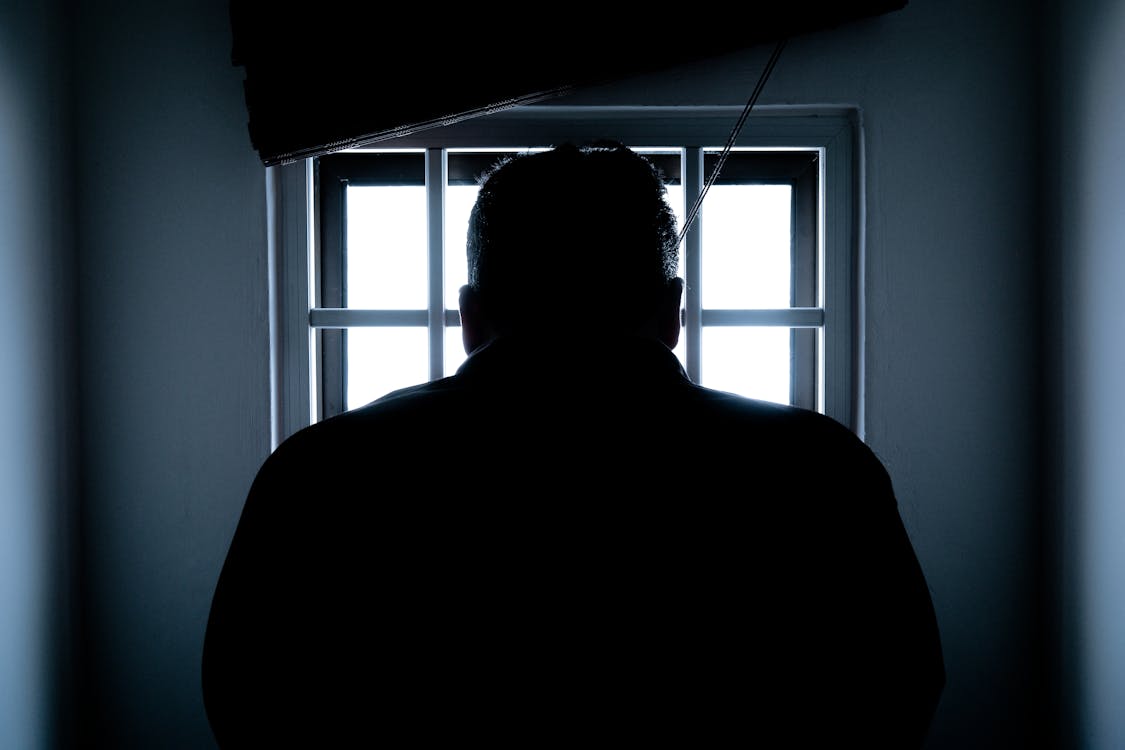We are delighted to share with you our library of resources. You can use the filter feature below to find topics most relevant to your curriculum.
Want to organise the resources you use most in one place? Register as a user to add content to your own Boards.
Do Prisons Work?
Are they an effective way of dealing with criminals?
 There are a lot of big questions which open up when you begin to think about the issue of crime and punishment. Possibly the biggest is how to balance the needs of victims, criminals and society as a whole:
There are a lot of big questions which open up when you begin to think about the issue of crime and punishment. Possibly the biggest is how to balance the needs of victims, criminals and society as a whole:
- For the victim: how can they feel that they have been treated fairly for the crime committed against them?
- For the criminal: does the punishment offer the possibility of a new beginning when they have ‘paid’ for their crime?
- For society: will this act of justice ensure that morality is promoted to maintain the (legal) status quo?
Few would disagree with the principle, but in reality, the practice is harder. In a culture that is very aware of human rights, whose ‘right’ wins out in a conflict of interest? Should somebody who has committed murder be let out early for good behavior when the family of the victim is still grieving, and feel that nothing short of life imprisonment is fair?
The nature of prisons is fraught with ethical considerations too, for example: Does prison protect people from criminal activity, or lead to more crime? If there is no active rehabilitative role in incarceration, then there is every possibility that the only option left to an ex-offender with a criminal record is to re-offend.
Equally, in prisons offenders spend time exclusively with other offenders. Is there a possibility that incarceration offers offenders the chance to learn more about committing a crime, rather than encouraging them to live as non-offenders? How can the justice system ensure that prisons don’t become ‘criminal factories’? This is known as recidivism, when prisoners come out of prison and re-offend.
Equally, we may ask the question: How ‘humane’ should a prison be? Prisons are designed to take away freedom, as a punishment, and also as a way to think about what they've done wrong. On the face of it, this may seem a fair penalty, but inflicting physical withdrawal can lead to emotional withdrawal, causing serious problems down the line. If the offender stops relating to others through isolation in prison, how will they live as responsible and caring citizens on release?
There are also considerations around proportionality: How do you ensure the punishment fits the crime? This is particularly important when the ‘court of public opinion’ comes into session, and the people responsible for administering justice are put under pressure by politicians and the media.
